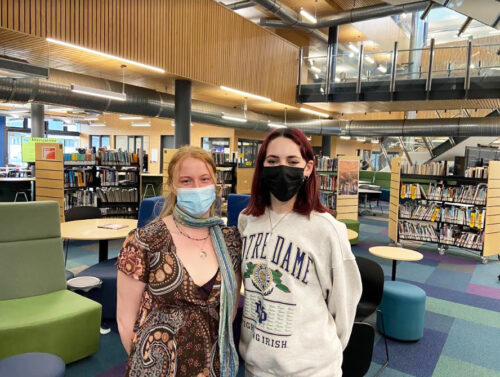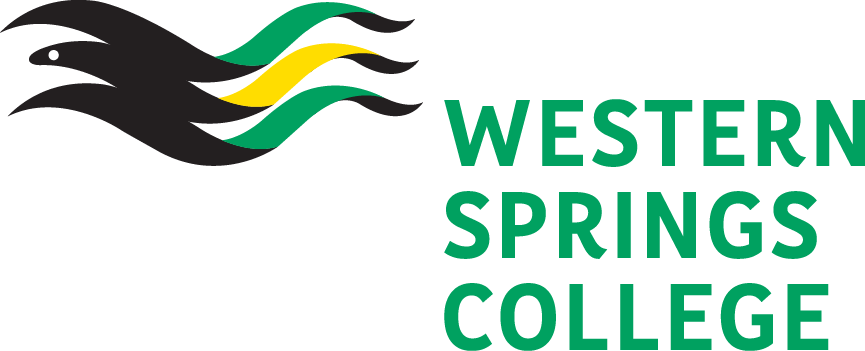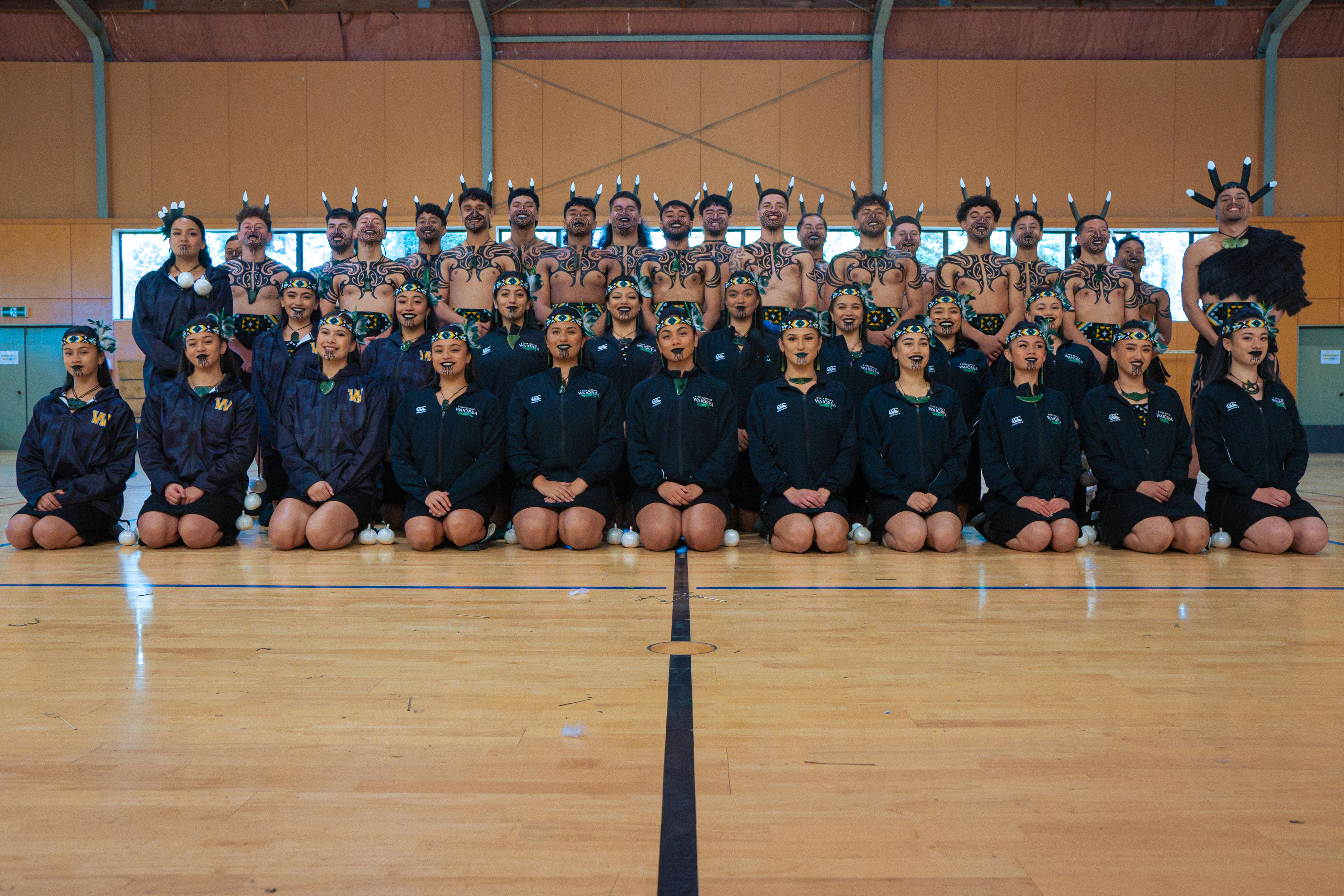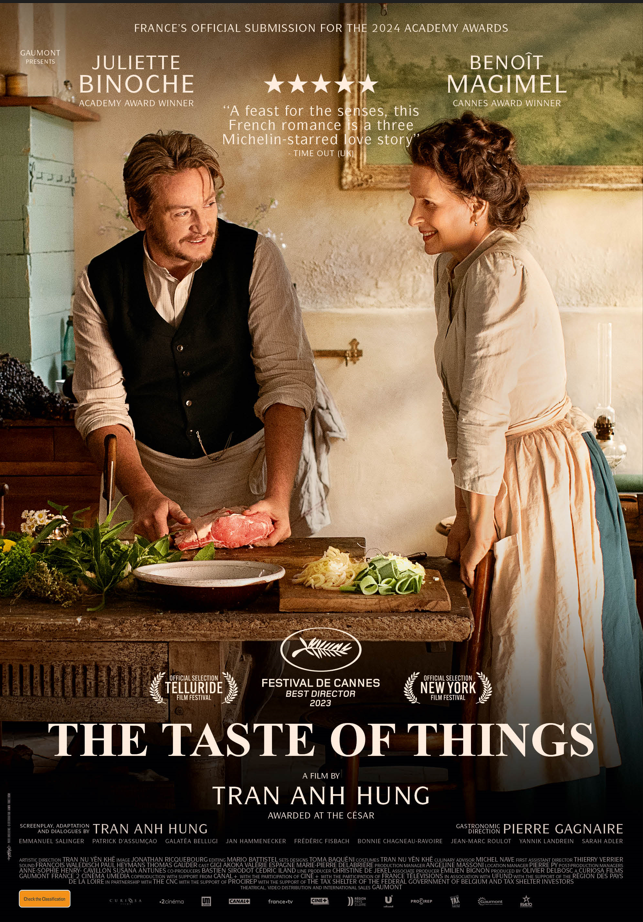To our school community, “Kua hinga he tōtara i te wao nui a Tane.” “A…

Introduction
Western Springs College provides a subject for Year 12 students and above called Education for Sustainability. Under this course, students learn about environmental, social, and economic factors of sustainability, and how they intersect with each other and with Māori worldviews. Students in the Year 12 course this year were set with the internal assessment task of implementing an action (project) that would have a positive impact on an environmental, social, and/or economic issue.
The Issue
The issue of homlessness in Aotearoa is of paramount importance. It is a historic and modern problem that requires far more attention than it’s getting. Due to this, poverty was the sustainability issue we selected for this internal. It impacts the three aspects of sustainability by fighting the issue of poverty (social), supporting small, local businesses from Aotearoa (economic), and applying focus on company environmental policies (environmental). By providing homeless people with some quality products that are (mostly) sustainably packaged and sourced, it also lowers the amount of potential waste (which contributes to greenhouse gas emissions). Even though our actions won’t have the same impact as larger scale organisations or much-needed legislation, we value the positive impact we hope to have on homeless Aucklanders through our project.
The Project
For our project, we chose to make 30 homeless care packages. Within the complex issue of homelessness, there were many actions we could have taken, including but not limited to volunteering at Auckland City Mission, selling food, clothes, or other products to fundraise, making an educational resource, or cooking meals to give out. We researched to find brands that had ethical, sustainable values, and were preferably local businesses. Many of them gave us generous donations of products we used to compile our packages. An example of a great company we reached out to is Oi, or Organic Initiative, a women-owned, Aotearoa-based period care business. They implement sustainability into their business and products by using biodegradable materials and following strict labour guidelines to ensure the safety of their workers, and so much more. A few businesses had leftover stock that would have otherwise been wasted, but they donated the excess products to us so that they could be used for an important, beneficial purpose instead of going to waste. We contacted Auckland City Mission for guidance with our project because they do so much amazing work for homeless people in Auckland, and we wanted to make sure that we were doing our project as best we could to have the greatest benefit for those who received our care packages.
Conclusion
Having the resources and ability to implement this action was a great honour. It made us feel good, knowing we were doing something to make a change, even if it was a small one. The response from so many of the businesses we contacted was incredibly heartwarming and a great example of the generosity many kiwis possess. It confirmed our viewpoint that it is always better to support small businesses over large corporations, as they are not always in it for excess profits. We would like to thank Swanndri, Farrah’s, Earth Mama, Oi, Whittakers, Goodbye, Sanitarium, Nibblish, NZ Cancer Society, Ecobags, and the Remarkable Chocolate Co. All of these amazing companies work hard to reduce their negative impacts on the environment, and contribute generously to our project by donating products. Overall we were able to collect $2123 worth of products from these companies, which was donated to the Auckland City Mission. If you can support these awesome businesses, please do!



